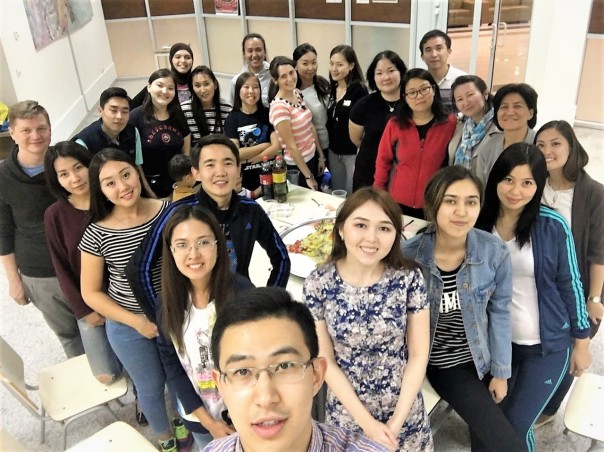In this discussion post, I would like to share my opinion about the importance and relevance of different research approaches and designs. There are two general approaches to data collection process – quantitative and qualitative. Quantitative research explores the issue in breadth while qualitative research seeks depth in personal perceptions and experiences. As for the question which approach serves the researcher best, I believe that both approaches are significant and the value of each is dependent on the research question and purpose. The choice is primarily defined by the interest that those who are affected take in it. Though, practitioners may take greater interest in exploring the depth of a particular case whereas administrators gain more benefit from numerical data in order to set forward recommendations.
As for the educational context in Kazakhstan, I think that the best way to appeal to the policy makers and administrators is to use solid numerical data in order to set positive changes in motion. People tend to believe numbers because, as many believe, they do not lie. However, as Mark Twain, a well-known American writer once wisely noted “Figures do not lie, but liars do figure”. There is no doubt that any form of research is embedded into highly ethical intentions and rigorous procedures to reveal the true state of things.
The choice of my research methodology has been defined by the research aim to explore teachers’ perceptions and experiences of differentiated instruction in a secondary school in Kazakhstan. In order to reveal teachers’ attitudes towards diversity of learning needs in their classrooms and the practices that they employ to meet those needs, the case study research design was selected. I will triangulate the research data by interviewing teachers, observing their lessons, and analyzing the subject documents. The triangulation approach will help me to understand the reasons of their professional choices and show how their understandings shape their teaching practices overall.
I believe that the selected research design will be beneficial for my school community as differentiated instruction has become one of the prioritized directions of teachers’ professional development at school. Teachers talk a lot about differentiated instruction and their practices are usually restricted by mere retrofitting practices. However, according to the vast body of knowledge and research, differentiated instruction is not about having a set of strategies up in one’s sleeve which come handy whenever an unexpected classroom situation occurs, but it is a teaching philosophy deeply grounded into personal and professional values.
In conclusion, I would like to say that the beauty of research lies in the truth that it seeks. It helps to formally articulate the truth so that things eventually change for good. Another fascination about research for me is that it allows to reconsider the mundane issues from quite different perspectives, thus gaining deeper understanding. As Albert Szent Gyorgyi, a Hungarian Nobel Prize winner once said “Research is to see what everybody else has seen, and to think what nobody else has thought”.
 Photo credit: https://ideas.darden.virginia.edu/2015/11/whats-new-in-project-management-a-hybrid-methodology/
Photo credit: https://ideas.darden.virginia.edu/2015/11/whats-new-in-project-management-a-hybrid-methodology/



